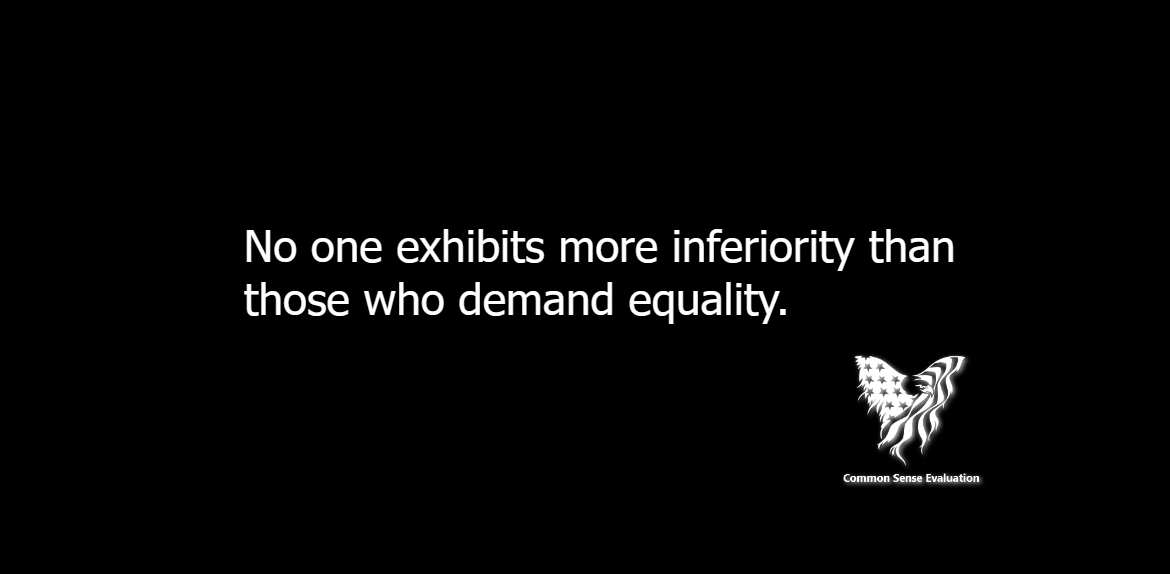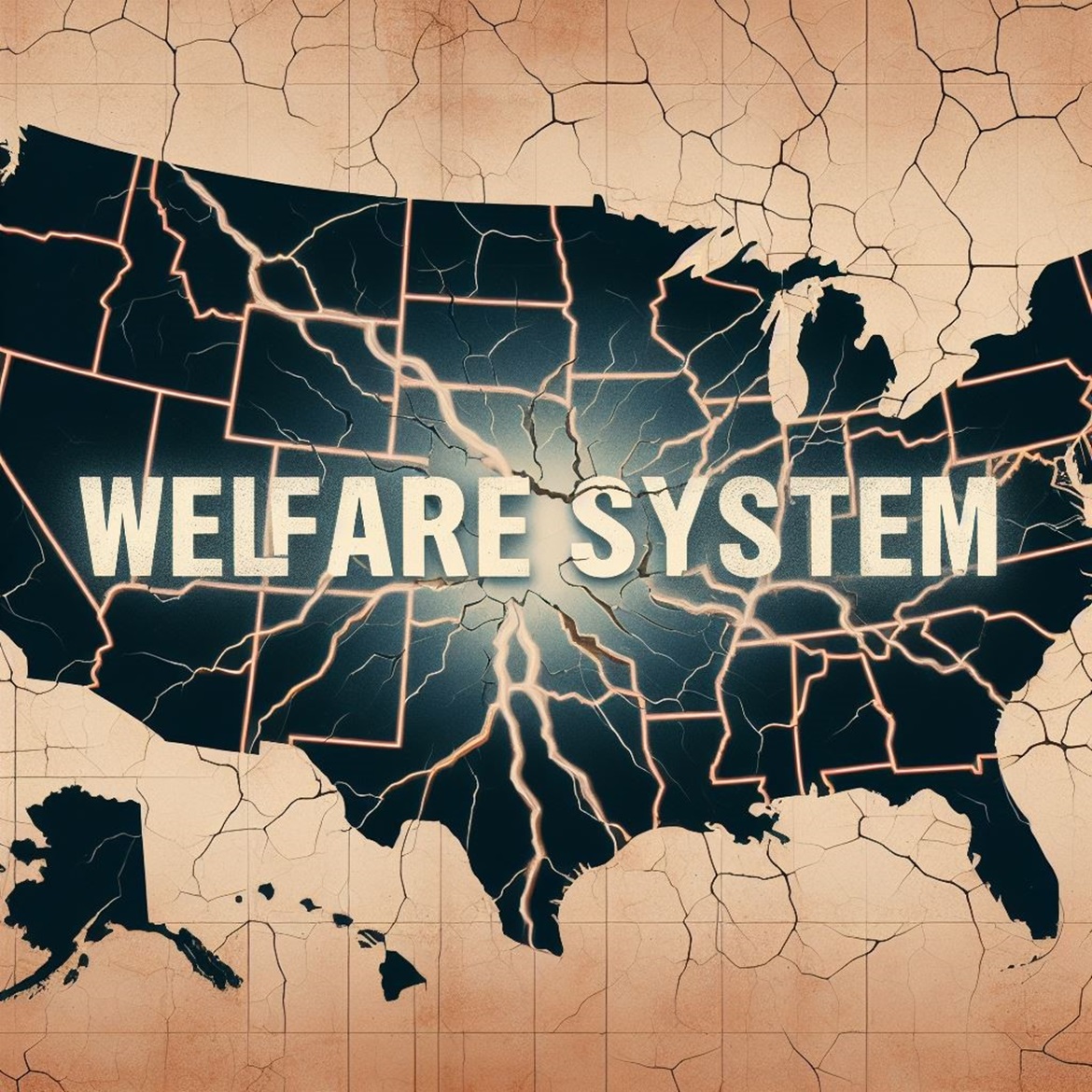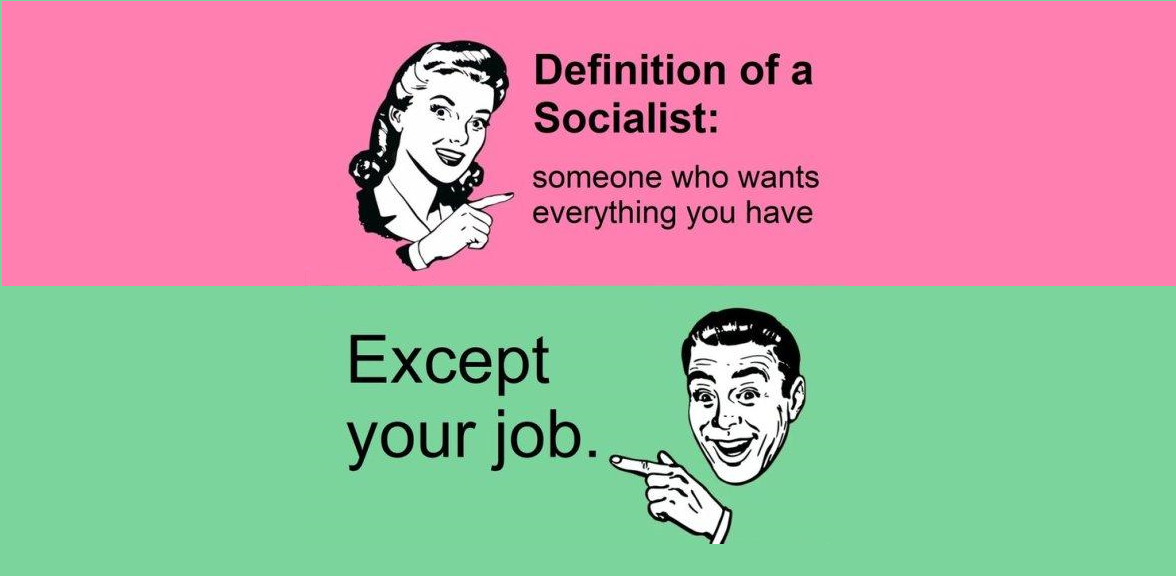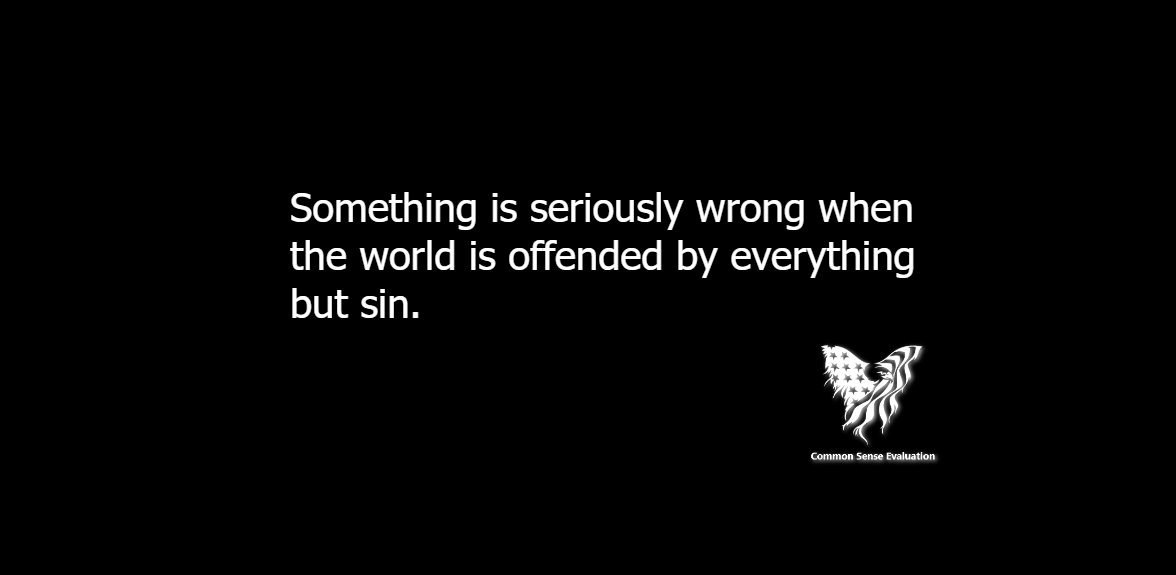No one exhibits more inferiority than those who demand equality.
Tag: Progressives
A Strategy of Disruption: The Dark Consequences of Cloward-Piven
Have you ever wondered why some systems or organizations seem to fail under pressure? Sometimes, this is not by accident but by design. One such design is known as the Cloward-Piven Strategy. In the 1960s, two sociology professors, Richard Cloward and Frances Fox Piven, came up with a plan that they believed would lead to a major change in the way society works. The plan aimed directly at creating a situation where the government would have to step in and provide a solution to the chaos created. Their target was the American welfare system, with the hope of bringing about a more Marxist society.
The Goals of Cloward-Piven
The Cloward-Piven Strategy had a simple, yet profound goal: to overwhelm the welfare system to the point of breaking. Cloward and Piven argued that if enough people were to demand their benefits all at once, it would create a crisis. This crisis would force the government to adopt changes, leading to a system where wealth and resources were distributed more equally among the population. In their view, this crisis would push the United States towards a system that was more in line with Marxist principles, where the government plays a major role in ensuring everyone’s needs are met.
The Strategy’s Dark Side
While the intention behind the Cloward-Piven Strategy might seem noble to some—aiming for a society where wealth is distributed more equally—the methods proposed to achieve this goal have a very dark side. By intentionally overloading the welfare system, the strategy seeks to push society into a state of crisis. This would lead to widespread suffering, as an overwhelmed system struggles to provide for those genuinely in need.
Moreover, this strategy manipulates vulnerable populations as pawns in a larger game of political change. Encouraging mass enrollment in welfare programs without considering the immediate negative impacts on individuals, communities, and the system as a whole reflects a disregard for the well-being of society’s most vulnerable.
Illegal Immigration as a Strategy
One of the most contentious aspects of the Cloward-Piven Strategy is the idea of using illegal immigration as a tool to overwhelm the system. The idea here is that by increasing the number of people who are in the country illegally and encouraging them to apply for welfare, the system would face even more pressure. This not only includes welfare but also public services like healthcare and education.
This approach not only puts an immense strain on public resources, but also on the communities that host these populations. It creates competition for limited resources and services, often sparking social unrest and dividing communities. Moreover, it puts the illegal immigrants themselves in a precarious position, as they are encouraged to exploit a system that is not designed to support them, making them vulnerable to backlash and exploitation.
The Real Victims of the Strategy
The most tragic part of the Cloward-Piven Strategy is that the real victims are typically the people it claims to help. By overwhelming the welfare system, those who rely on it the most – the poor, the sick, and the elderly – are the ones who suffer. When public services are stretched too thin, it’s these vulnerable groups that feel the impact the most profoundly.
In a scenario where this strategy is enacted, the intended outcome of a more equal society is overshadowed by the immediate harm caused to the very people it purports to assist. This strategy, in its essence, risks the well-being and stability of society for the sake of an ideological goal.
The Consequences of Overloading the System
The effects of overloading the system are not limited to just the immediate strain on welfare and public services. In the long run, such a strategy can lead to a breakdown of trust in public institutions. When citizens see that the system cannot support them, they may lose faith in the government’s ability to provide basic services, leading to social unrest and a deeply divided society.
Furthermore, the financial burden of trying to support an overloaded system will lead to higher taxes and cuts in other essential services, such as policing, firefighting, and public education. This not only affects the quality of life for all citizens but also hampers the country’s ability to invest in future growth and stability.
Moving Beyond the Cloward-Piven Strategy
The idea of using crisis and overload as a means to bring about social change is a dangerous game. It’s important to recognize that this path would sacrifice the well-being of the most vulnerable among us. There are more constructive ways to advocate for change that do not involve causing harm or exploiting those in need.
Efforts to reform systems and address inequalities should focus on building self-reliance and fostering community involvement. Changes should be made through open dialogue, democratic processes, and a concern for the well-being of all citizens, rather than through strategies that seek to manipulate and overwhelm.
Conclusion
In the shadow of ambition cast by the Cloward-Piven Strategy, there lies a chilling reminder of the lengths to which ideology can push the pursuit of societal overhaul. This strategy, with its roots deeply planted in the manipulation and exploitation of the vulnerable, unfurls a dark narrative about the potential consequences of radical social engineering. The quest for an equitable society, when pursued with tools designed to break rather than build, threatens to unravel the very social fabric it aims to mend.
By intentionally thrusting systems into crisis, the strategy doesn’t just strain resources—it cultivates a breeding ground for widespread disenchantment and social fracture. Vulnerable populations, those the strategy ostensibly seeks to elevate, are trampled beneath the march toward an ideologically charged horizon. Communities are not uplifted; they are torn asunder, their trust in public institutions eroded, leaving behind a landscape marked by division and unrest.
This grim picture serves as a stark warning against the allure of transformative change sought through chaos and disruption. It is a call to recognize the venom that such stratagems inject into the heart of society, paralyzing its ability to function and care for its most vulnerable. The true path to social equity and justice lies not in the dismantlement of systems through overwhelming force but through the painstaking work of collaborative reform and the nurturing of community bonds. Only by turning away from the precipice of strategies that seek to divide and destabilize, can we hope to forge a future where positive change is achieved. Not at the expense of the fragile, but with a collective commitment to uplift and unite.
The Grim Consequences of Woke Ideology on Society
In the shadows of modern society, a haunting development has emerged, gripping the hearts of millions and tearing at the fabric of unity that once bound us together. This eerie specter is none other than “Woke Ideology.” While its advocates claim to seek justice and equality, the path they tread is fraught with peril, leading us deeper into darkness and division. In this chilling exposé, we embark on a journey to unravel the evil aspects of woke ideology and reveal its ominous consequences for our collective future.
The Rise of Woke Culture
The rise of woke ideology has been dangerous, slowly weaving its way into the hearts and minds of people across the globe. Initially rooted in the noble quest for social justice, it has since morphed into a divisive and rigid belief system, stifling free thought and civil discourse. One of the most alarming aspects of this transformation is the way it imposes a strict moral code on society. This effectively creates a culture of fear, where individuals are hesitant to express dissenting opinions for fear of being branded as insensitive or even bigoted.
Identity Politics and the Fragmentation of Unity
Within the murky depths of woke ideology lies the dangerous allure of identity politics. By dividing society into distinct groups based on race, gender, or other characteristics, woke culture unwittingly engenders a deeply fractured society. The obsession with identity diminishes our shared humanity, leading to a dangerous “us versus them” mentality. Instead of fostering understanding and compassion, identity politics breeds animosity and distrust, leaving society vulnerable to further fragmentation.
The Suppression of Free Speech
One of the most ominous aspects of woke ideology is its relentless assault on free speech. In the quest to protect marginalized voices, the woke movement has inadvertently suppressed the very principles that underpin our Republic. The rise of cancel culture, social media mobs, and the silencing of dissenting opinions has cast a long shadow over the freedom of expression. In such an atmosphere, the exchange of ideas becomes stifled, and intellectual progress stagnates, leading us deeper into a twilight of ignorance.
The Erosion of Objective Truth
Woke ideology’s disdain for objective truth is a haunting force, perpetuating a distorted version of reality where subjective narratives reign supreme. The rejection of evidence-based reasoning threatens the foundations of science, history, and even basic human interactions. When truth becomes negotiable, society descends into a nightmarish abyss, rendering meaningful dialogue and progress nearly impossible.
The Tyranny of Virtue Signaling
Virtue signaling, the art of publicly displaying one’s moral righteousness, has become a potent weapon in the hands of woke ideology’s adherents. Beneath the facade of compassion and empathy lies a murky realm of hypocrisy and self-righteousness. The relentless pursuit of social validation erodes genuine acts of kindness and turns altruism into a hollow performance. As society falls under the sway of virtue signaling, the genuine pursuit of positive change slips further away.
Final Thoughts
As we shudder at the precipice of this harrowing journey through the realm of woke ideology, we find ourselves staring into the abyss of a fractured society. The intentions may be noble, but the path paved with good intentions often leads to a nightmarish landscape of intolerance and fear. The shadows cast by identity politics and virtue signaling loom large, consuming the light of reason and empathy.
In this unforgiving darkness, free speech lies silenced, entangled in the thorny vines of cancel culture. The very foundation of truth is shattered, replaced by a swarm of subjective tales, leaving us stranded in a murky sea of uncertainty. The unity we once had has been replaced by bitter divisions that threaten to take over us all.
In the grim reality of woke ideology’s reign, the seeds of animosity have been sown, fostering a chilling disdain for dissent and individuality. We now live in an era where the price of voicing independent thought is to be castigated as a pariah, a fate worse than death in the eyes of the woke inquisition.
Yet, even in this ominous abyss, there remains a flicker of hope. We must not succumb to despair, nor surrender to the darkness that encroaches upon our shared humanity. Instead, we must confront the evil aspects of woke ideology with unwavering courage, exposing its pitfalls and reclaiming the virtues it has forsaken.
To emerge from this shadowy twilight, we must strive for a society that celebrates diversity while preserving the sanctity of individuality. The path forward lies in fostering open dialogue, free from the suffocating shackles of ideological conformity. Let us embrace the discomfort of uncertainty and confront our deepest fears to forge a better future.
In the end, the choice remains ours to make. We can either descend further into the abyss of woke ideology, sacrificing the very essence of liberty, or we can rise above the darkness, embracing the light of reason, empathy, and compassion. The stakes are high, and the hour is late, but in the face of this daunting challenge, we must stand united and resolute, for our collective destiny hangs in the balance.




